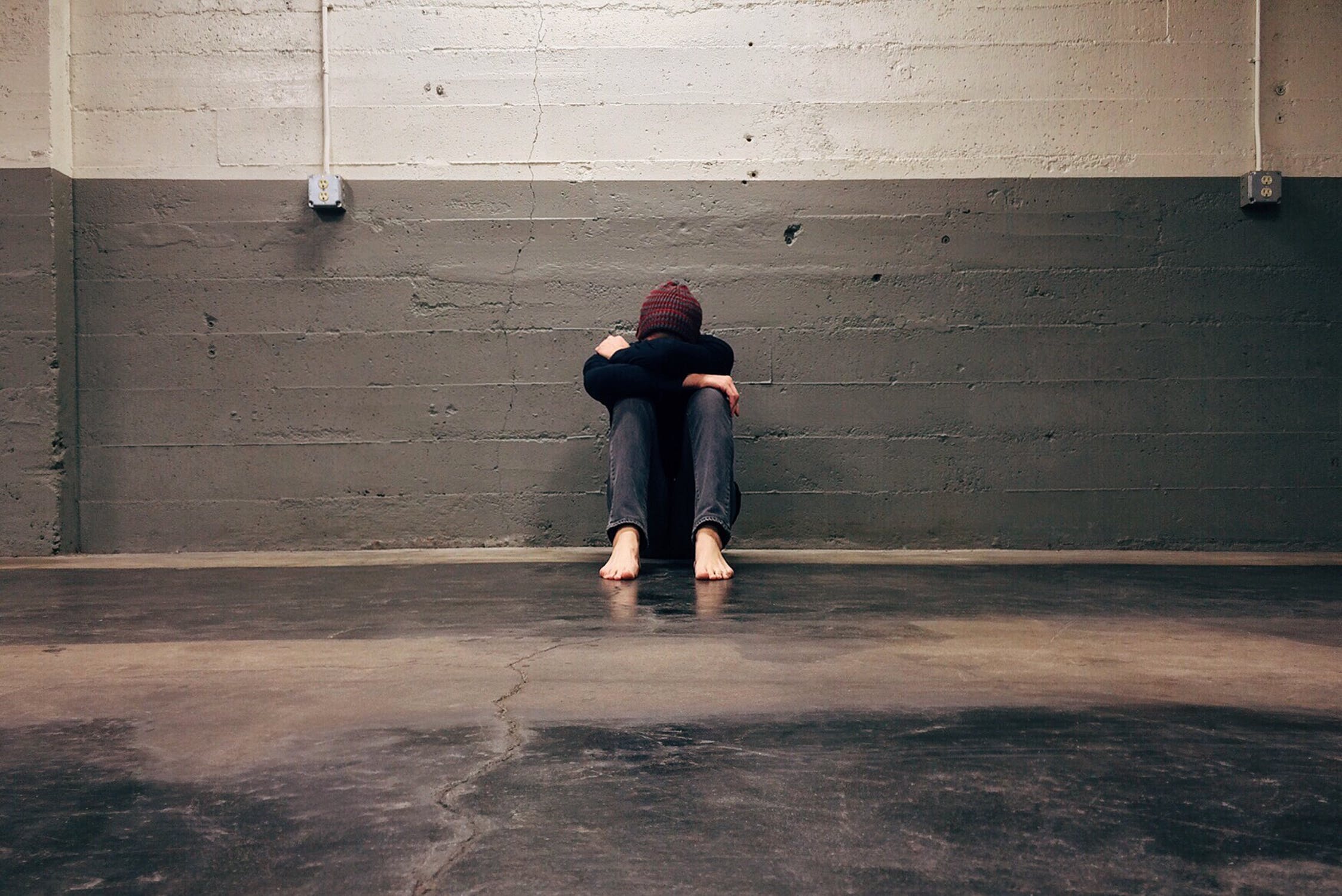
Alcoholism in young adults is not discussed frequently, but it is still a major problem. If you suspect your son may be an alcoholic, it is important to know that you are not alone. Many families struggle with this issue, and fortunately, there are many treatment options available.
Youthful Alcohol Abuse Is More Common Than You Think
Many people think that alcohol abuse does not start until middle age, but the reality is that it affects even preteens and young adults. The CDC reports that 30 percent of high school students drink alcohol regularly, and 14 percent report binge drinking. As children get older and move on to college, the problem becomes even more serious. One in three college students engage in binge drinking often, and each year, over 1,800 college students die from alcohol-related injuries. These statistics point to a major problem affecting today’s youth.
The Dangers of Alcohol Abuse in Young Adults
Many parents are tempted to dismiss alcohol abuse as just harmless, youthful hijinks. However, the reality is that alcohol abuse can cause drastic physical, social, and mental problems in young people. The dangers of youthful drinking range from minor problems like poor test grades to major issues like drunk driving and alcohol overdose. Abusing alcohol while the brain is still developing can lead to lifelong mental health problems. Young adults who deal with alcoholism may miss important milestones and find it hard to catch up to their peers. Some of the other challenges an alcoholic son may experience include:
Furthermore, alcoholism affects a young man’s entire family. If you’re already wondering “Is my son an alcoholic?”, your family will probably end up encountering several major problems. An alcoholic child may endanger their parents or siblings, leading to all sorts of familial issues. Parents often deal with anxiety or depression themselves, since it can be so challenging to watch your child struggle with alcoholism. You may find it hard to trust your child or truly connect with them. The added stress of alcoholism can result in constant arguments, worry, and other tensions.

How to Have an Intervention for Your Son
If you suspect you have an alcoholic son, it is important to say something. Ignoring the issue is enabling your child and just making the whole situation worse. Instead, substance abuse experts recommend that you sit down and have an honest, open talk with your child. Select a time when your child will be sober and no one will be rushed.

One of the most important things to remember when learning how to have an intervention is to avoid blame. When you start the intervention from a position of anger and frustration, it puts your child on the defensive and leads to further arguments. Avoid talking about how disappointed you are or listing all the ways your child has failed to live up to your expectations. Instead, you need to approach the problem from a position of concern. Explain that you have noticed they are struggling and that you are worried. Emphasize the importance of getting help and breaking the cycle of addiction.
When trying to have an intervention, it is normal for your son to be in denial, insisting that they are fine. However, you need to remain firm and focus on the need for proper substance abuse treatment. If your child is under the age of 18, you can put them in rehab whether or not they are willing. Those who are legally adults may be able to refuse rehab. In these cases, you need to set firm boundaries. Express that you will not continue to financially assist your child or otherwise support them in addiction.
Heal Your Family With Alcohol Abuse Therapy
If you answer “yes” to “Is my son an alcoholic?”, it is important to seek help as soon as possible. Alcohol addiction treatment focuses on providing behavioral therapy and emotional support. You can choose between outpatient therapy, where your son lives at home and visits the clinic during the day, or inpatient rehab where your child lives on-site. Most teens and young adults benefit from rehab targeted towards their age group. This helps address unique problems that young adults often struggle with.
Whatever the type of rehab you choose, treatment will primarily focus on individual and group therapy sessions. Medication and physical health care ar important during the detox stage since alcohol withdrawal can be quite dangerous. However, the bulk of the work towards sobriety will happen in the weeks after detox. Therapy is so important because it helps young men unpack the past trauma and triggers that may be leading to alcoholism. It gives them healthier ways of coping with stress and teaches them how to overcome cravings.
The most effective therapy tends to address every aspect of a patient’s life. Therefore, most families can benefit from family therapy. Studies on substance abuse in adolescents found that those who took part in multidimensional family therapy were more likely to remain in recovery. Family therapy is so important because it gives the entire family tips for handling poor behavior patterns.
When your son is struggling with alcoholism, do not give up. Mission Harbor Behavioral Health is here to help. Our mission is to provide young adults with quality mental health care. In addition to providing alcohol addiction treatment, we also provide therapy for depression, anxiety, and other co-occurring mental health disorders. With evidence-based therapy and focused support, we can provide your child with the environment they need to recover. Take the first step towards healing your family by giving us a call today.
The facilities at Mission Harbor are staffed with trained experts to best assist patients with their mental health issues. We are capable of dealing with any and all cases with a licensed staff, equipment, and approved techniques. Our mission is to help those who want to help themselves, and we support your decision in seeking help.
Get Help Now
Alcohol addiction is extremely difficult to overcome on your own.. Seek specialized help and let professionals guide you in your recovery.

